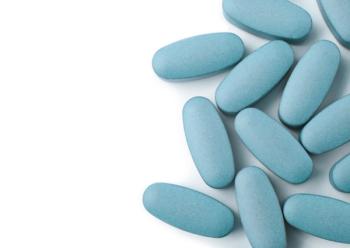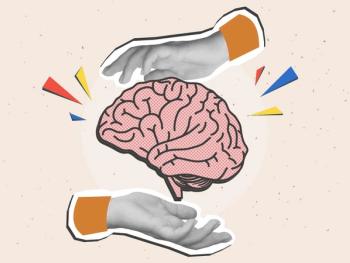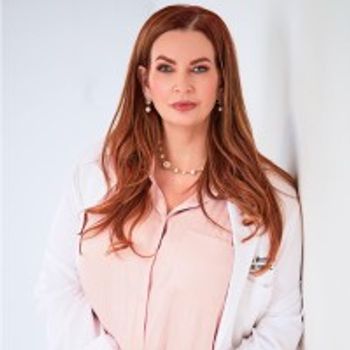
Should I Stay or Should I Go: IMGs and the US Health Care System During COVID-19
Frontline residents and fellows complain of “being forced to work harder than I can handle,” “being pushed to my limits,” “no availability of PPEs,” etc.
This is a time of heightened anxiety for all of us. Patients and frontline health care workers are dying from
My experience as an IMG during the COVID-19 crisis has entailed working as an addiction psychiatry fellow at the
The existing stress has been compounded not only by isolation but also by the pressure of follow-up sessions and appointments over the phone or video, although some patients have neither. We are learning the new best outreach practices on our feet.
IMGs as a workforce: a critical component of health care
COVID-19 has infected more than 1.3 million US citizens and the health care system is struggling to supply critical care to these patients. Some states have called in retired health care professionals, volunteers, medical students-including those from out of state. The US already had a shortage of physicians before the pandemic, and it has now been seriously exacerbated by COVID-19. The question I have is, why not to enlist the many IMGs already present? IMGs have historically worked in underserved areas, serving socioeconomically disadvantaged, minority, and aging populations, the same populations now suffering the worst ravages of COVID-19.
It would be beneficial and reasonable to allow at least 65,000 of the unmatched IMGs who have passed their US exams to join this battle via the path of supervised training or by creating programs like Missouri’s physician assistant program for those immigrant doctors who didn’t match into US residencies.1 The COVID-19 crisis has created a potential grand match for these IMGs. The top-10 hardest hit states-not only New York, but states like Massachusetts and Ohio-ought to immediately consider this model.
Temporarily waiving the geographical restrictions on IMG physicians with H-1B and J-1 visas, allowing them to serve outside the employer of sponsorship can alleviate the shortage in hot-spot areas or field hospitals. Currently many of these physicians are underused because they are unable to go to another facility such as epicenter hospitals in, for example, New York City. I applaud the efforts by the APA and AMA for IMGs, and we are encouraged by the outcomes of their advocacy, such as the resumption of visa processing at US consulates for non-US citizen IMGs.
Message for fellow IMGs
Regardless of our origins or background, we are all subject to the physical and mental ravages of COVID-19. We are all in this together-doctors, nurses, patients, and other essential workers. Many professionals with the right mix of skills, credentials, and drive are currently being recruited to join this fight. So should IMGs!
Disclosures:
Dr Ahmed is an Addiction Psychiatry Fellow, Boston Medical Center/VA Boston Healthcare System, Boston, MA. He reports no conflicts of interest concerning the subject matter of this article.
References:
1.
Newsletter
Receive trusted psychiatric news, expert analysis, and clinical insights — subscribe today to support your practice and your patients.







